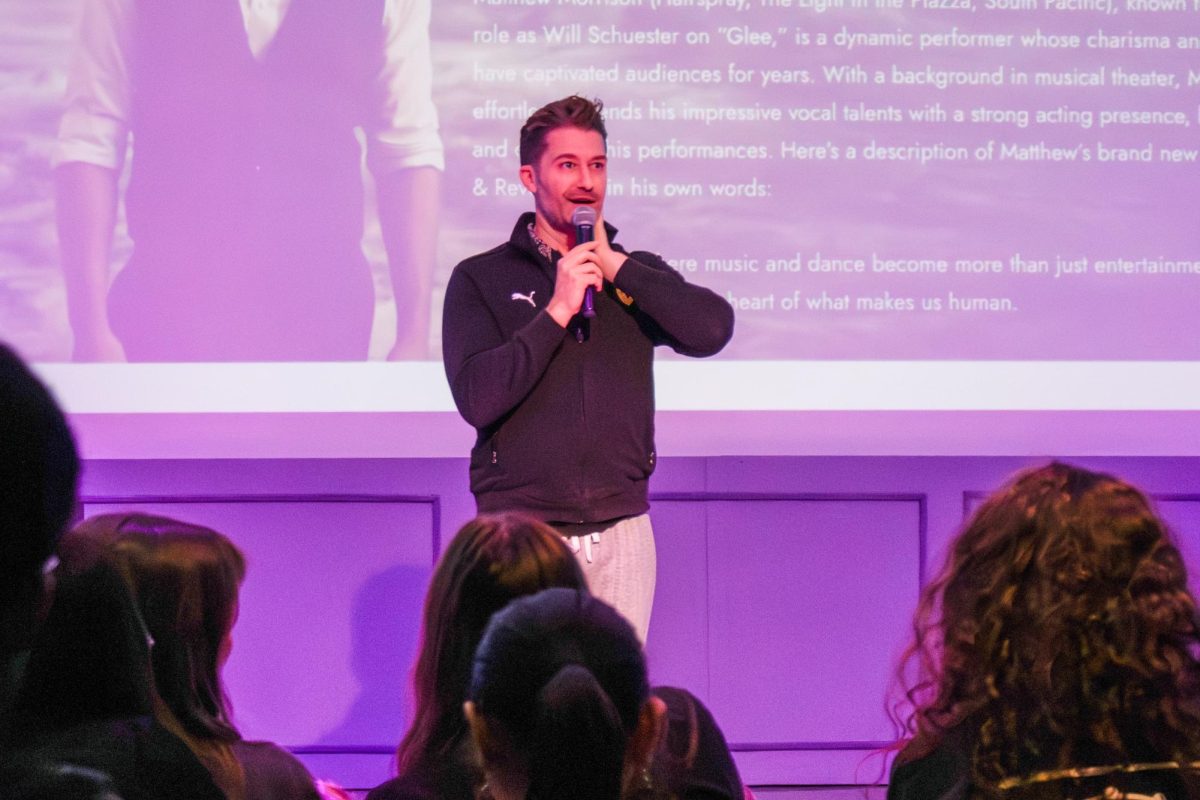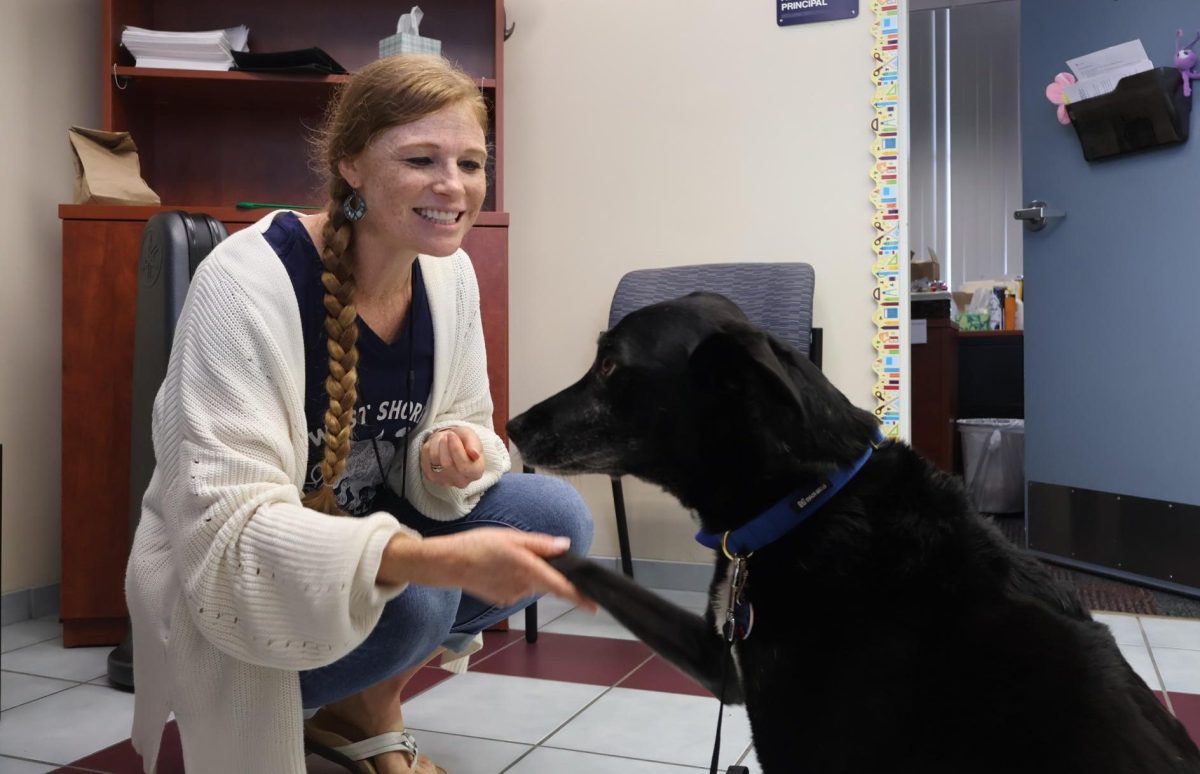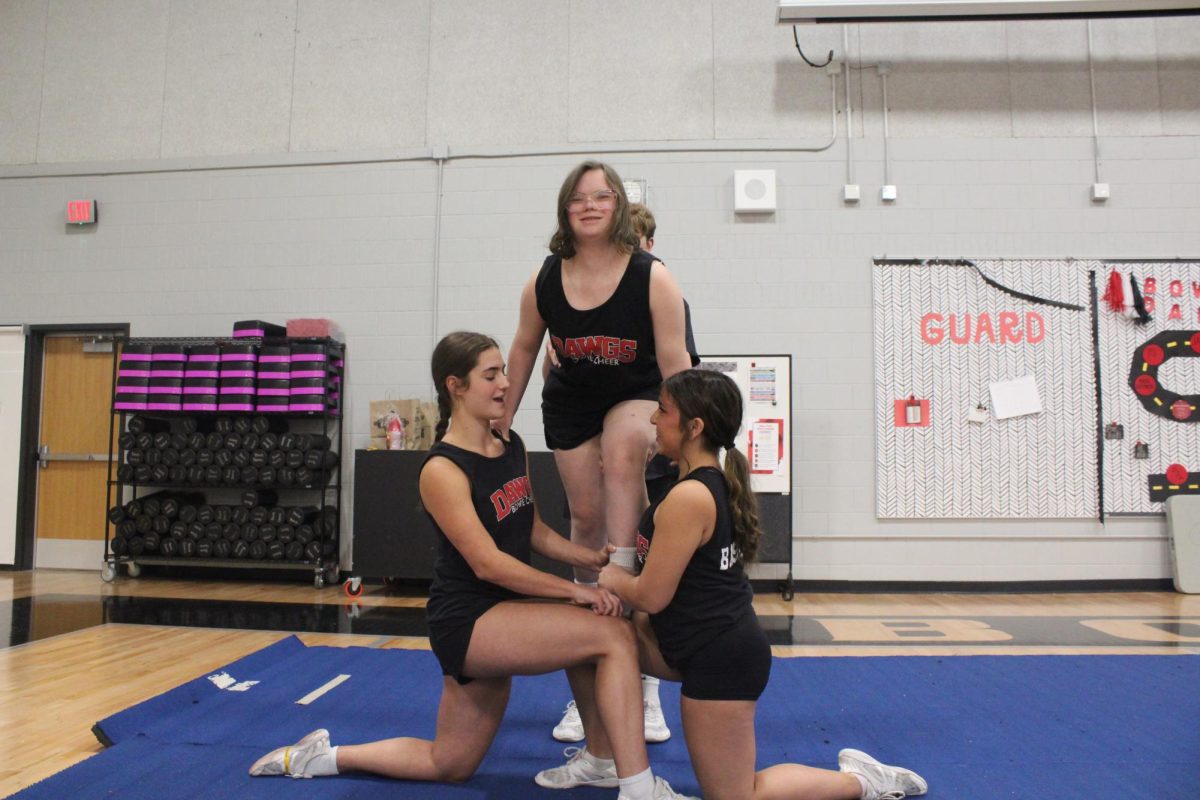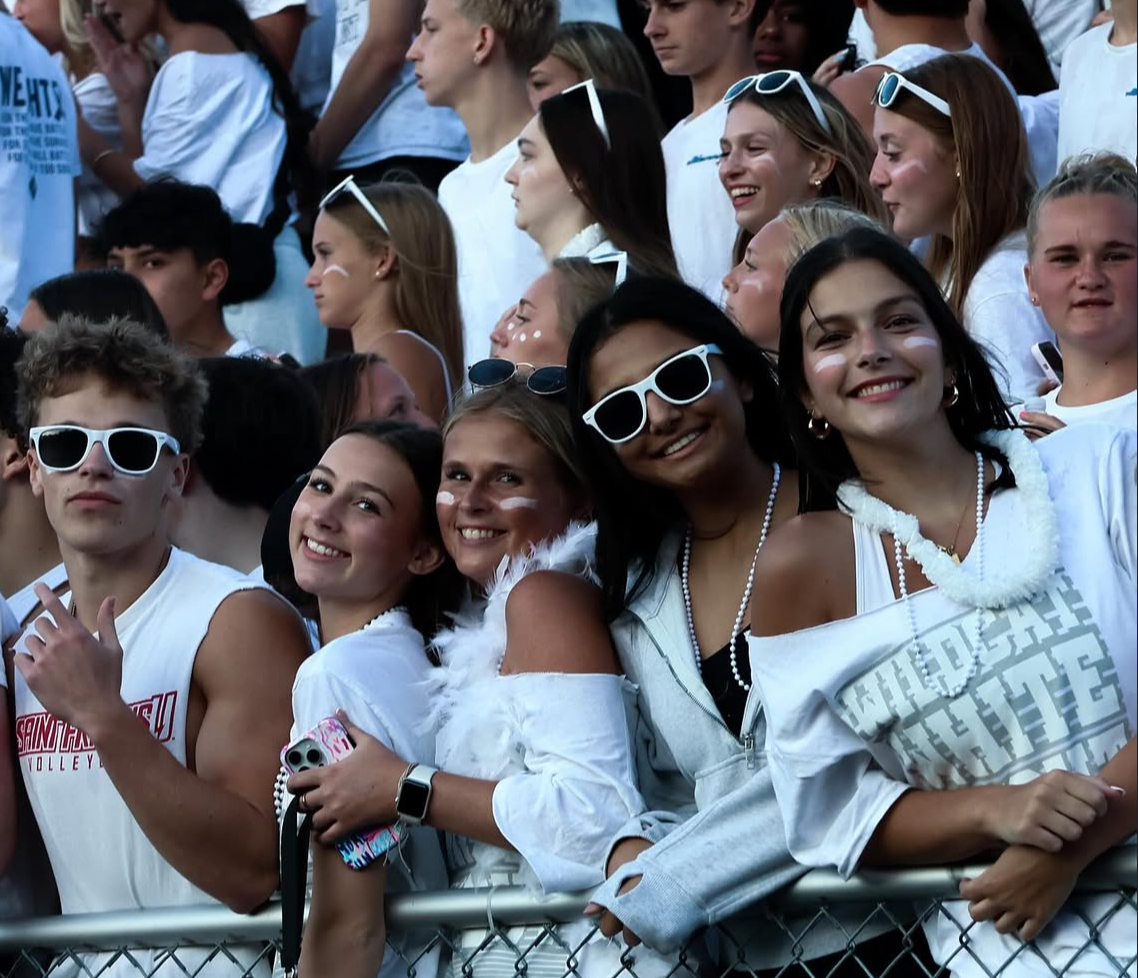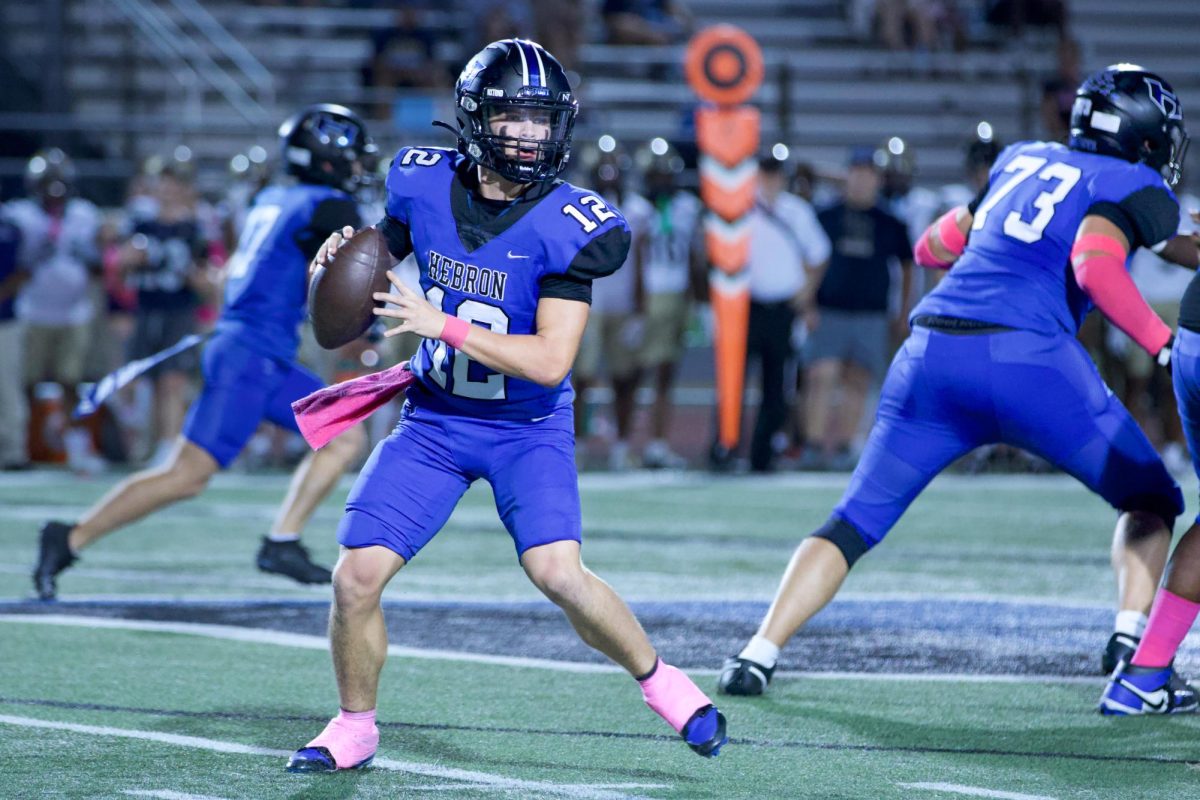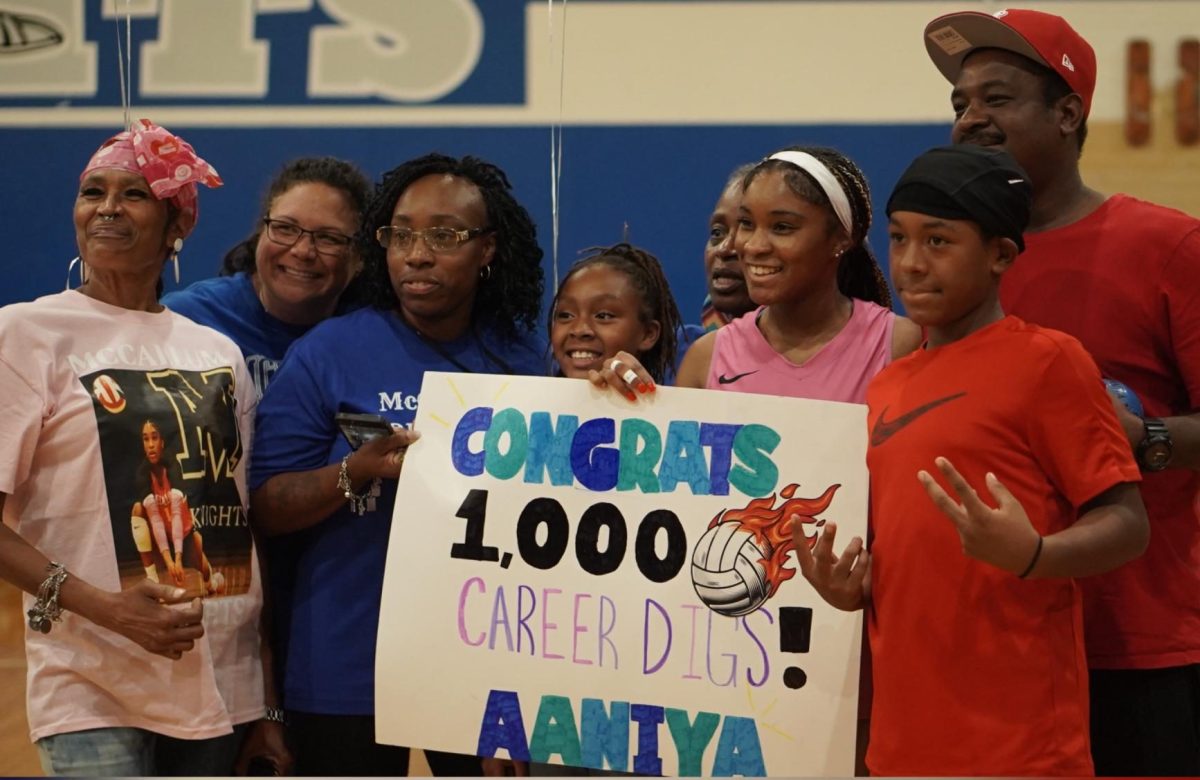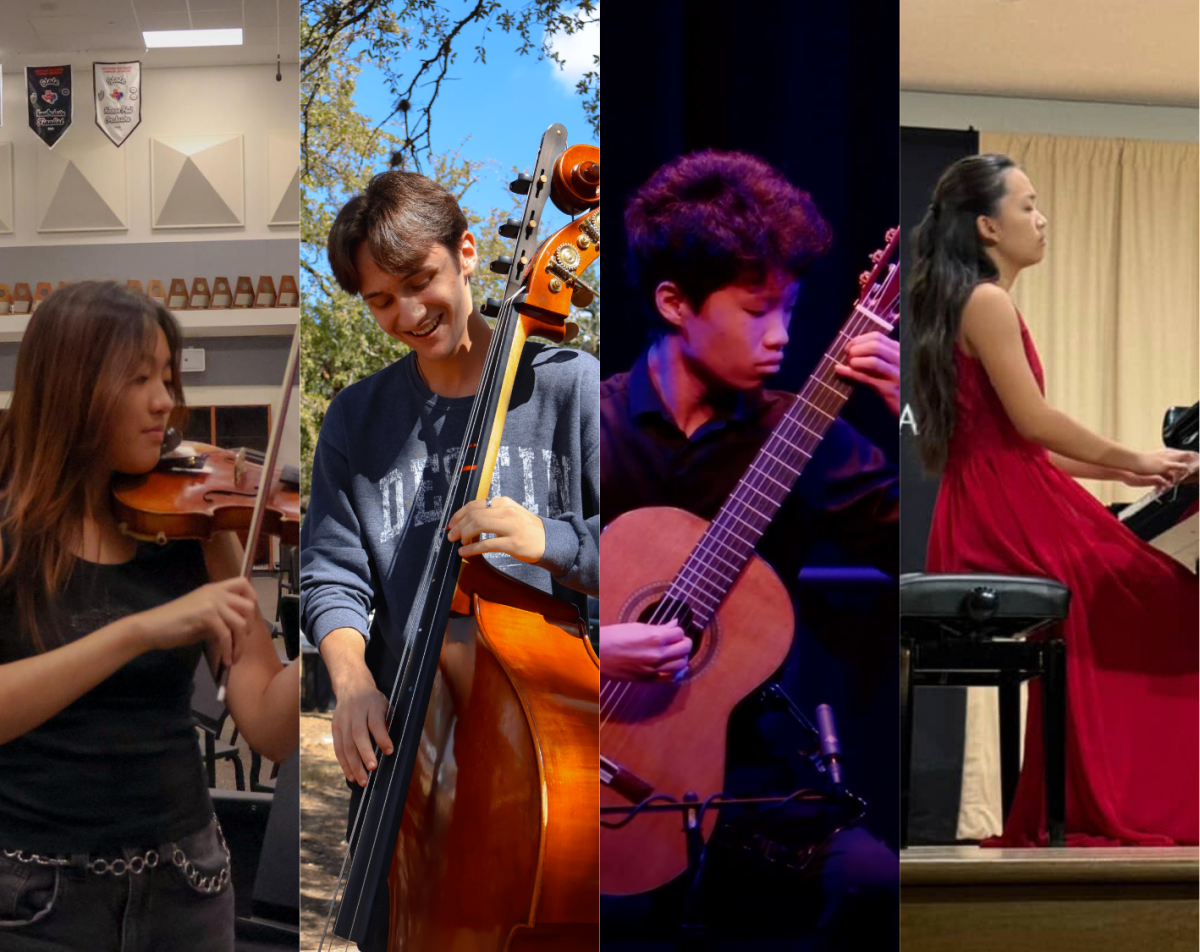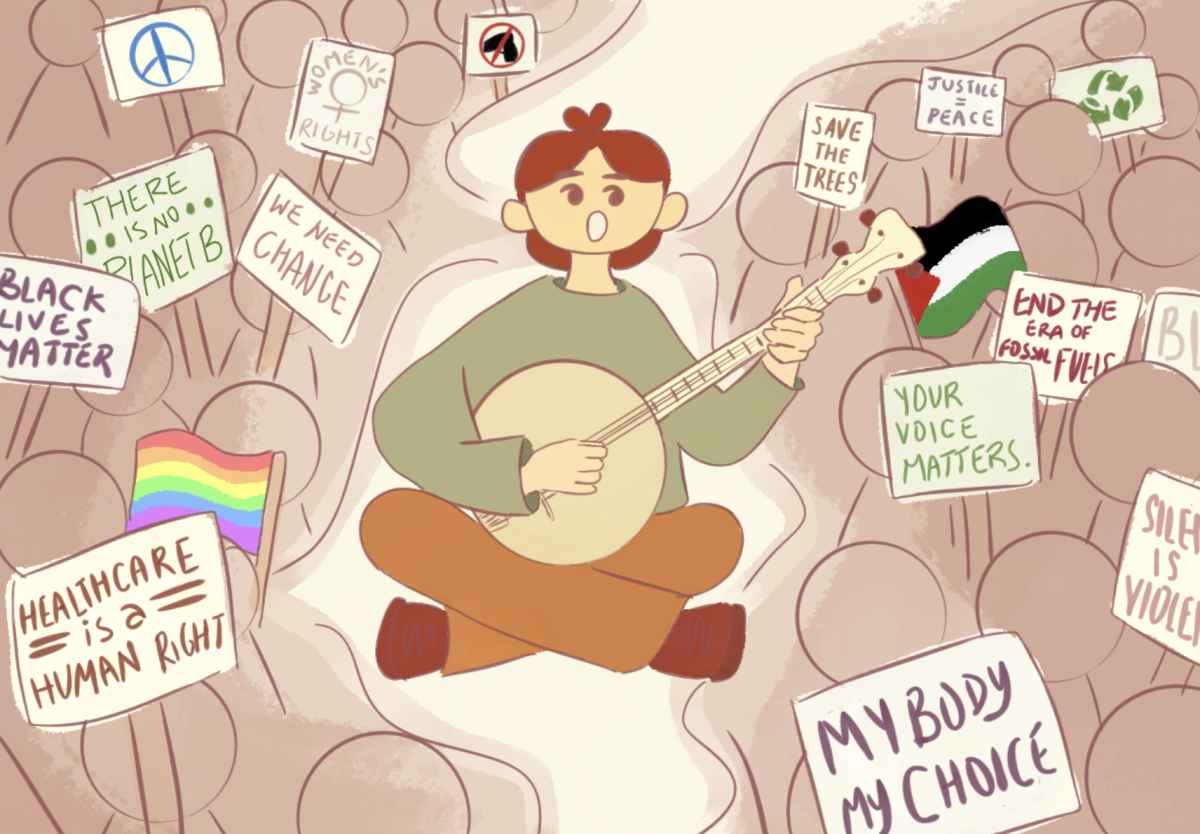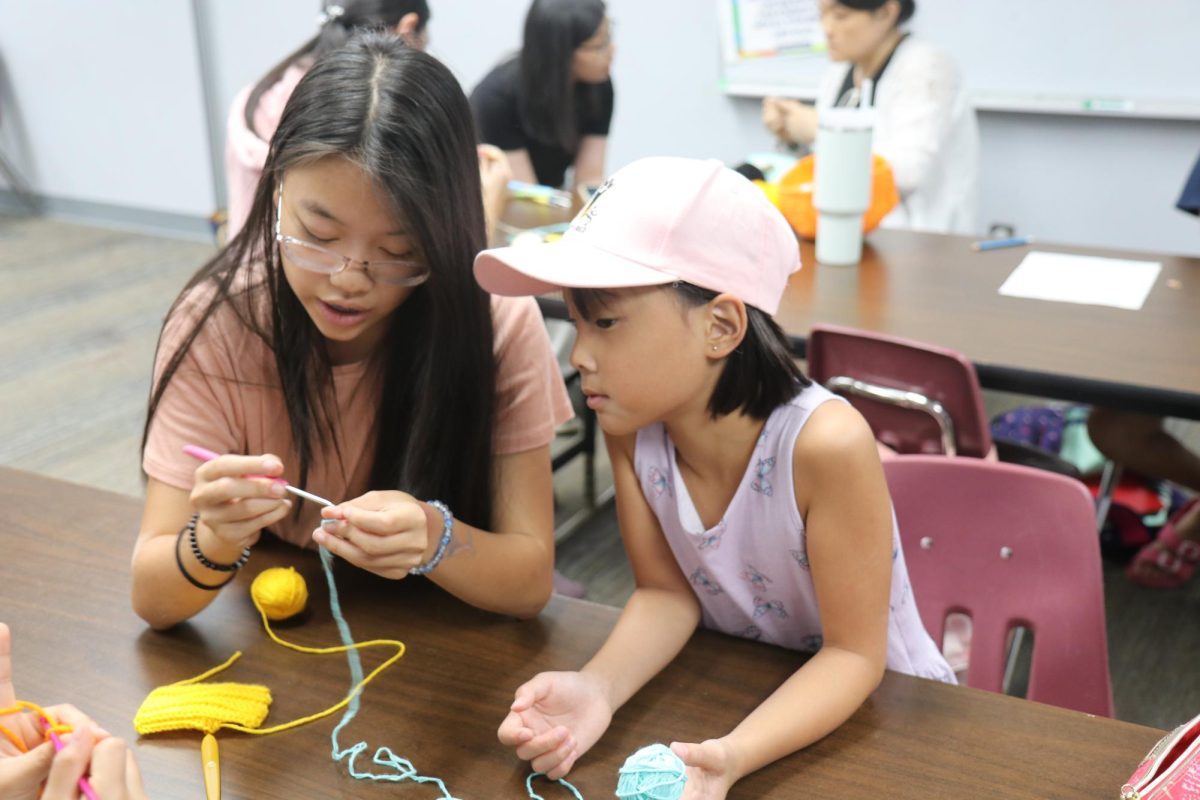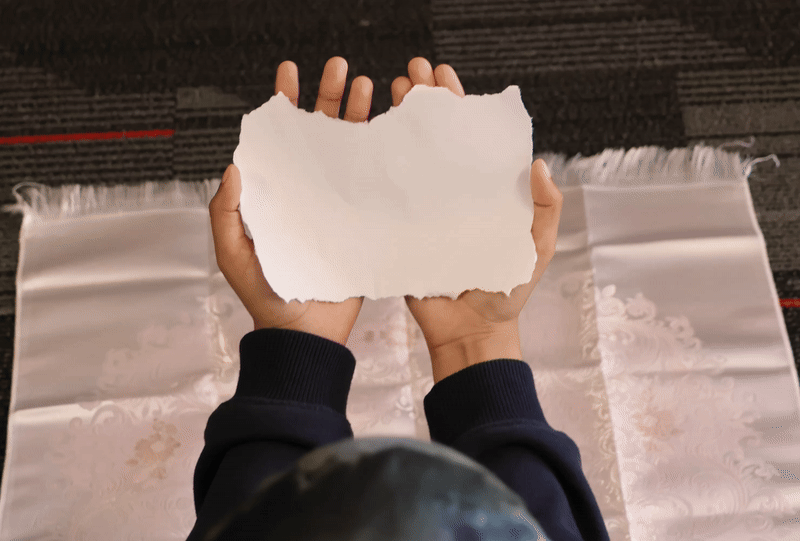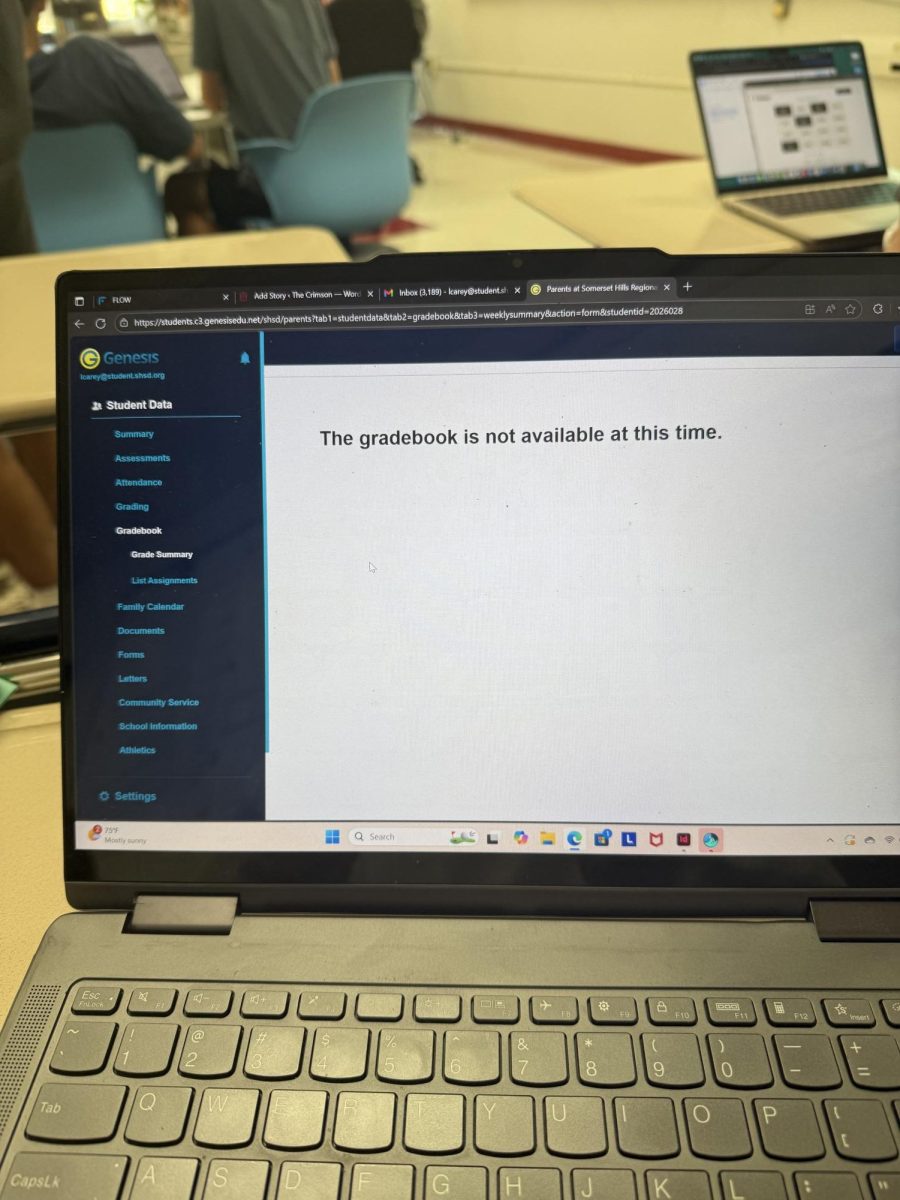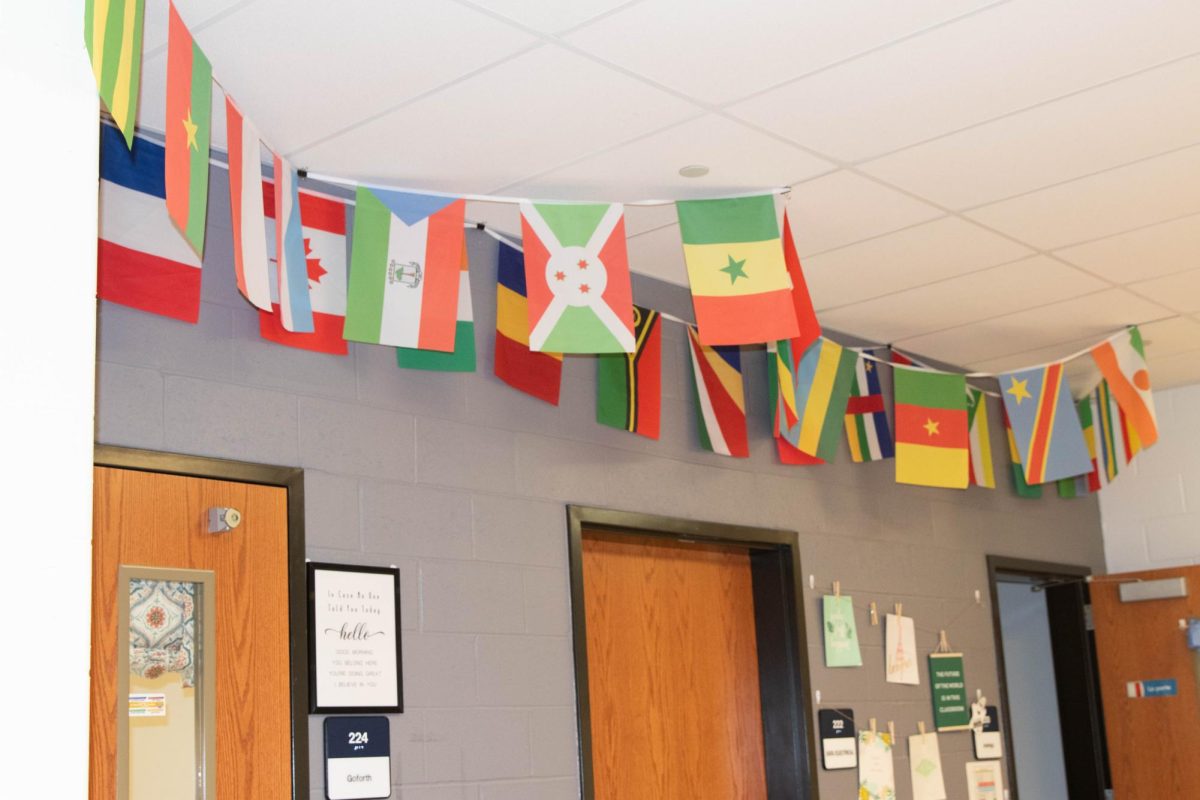As a social breed, humanity craves communication. Our capacity for language, that which distinguishes us from the other beasts of this Earth, simultaneously unites us in need, and diversifies us in the specificity of culture.
But this written form is more than phonetic. Language is the tie to our basic understanding of each other, the building blocks of empathy.
Our language clubs here at Liberty High School understand this importance.
However, a new mandate from the Wentzville School District has thrown the meaning of culture within an institution in jeopardy. Every language club – French, German, and Spanish – is now required to consolidate into one “Language and Culture Club.”
Teachers and students alike have questioned the nature and impact of such a decision. These questions were only stirred by the lack of communication of the district, leaving the clubs in further ambiguity.
“[The teachers] were never informed of the reason for the combination,” Madame Jennings, the French teacher at Liberty said on the subject. “Other clubs with similar purposes have not been consolidated like we have. And they even have aides and other help. I am not sure why we are the outliers.”
In addition to this confusion, the teachers are not paid the same compensation for the clubs, as a result of the combination of the individual clubs. If the nature is purely fiscal, the sponsors feel there are other solutions.
“I believe there is not an issue if the club meets during lunch, because the district does not have to pay the teacher more for hosting a school day meeting,” Frau Elder, German educator at Liberty said.
From a practical standpoint, the clubs additionally now must hold shorter meetings, or prioritize a club per month, which in turn takes away the time and depth a student could delve into an alignment or language culture.
Micaela Garcia (12), the president of Spanish Club, speaks on the more abstract significance of this consolidation.
“[Individual clubs are] important because they’re all learning different cultures and different activities, have people that you can have with you throughout all your years of high school, and it’s really not a effective as if you come together as one club,” Garcia said.
Teachers here at Liberty encourage cultural support within languages, however, a significant part of this process is to respect the sovereignty and uniqueness of each, not just the ubiquity of language.
The history of humanity is mapped in the strokes we make with creation. Language is no exception. The intricacies of an accent, or the femininity of a noun, speak to a heritage ingrained in the posterity, and written in the past. With each word, those before us have written a dynasty.
This respect of culture is a delicate balance, and regardless of any reason the district may have for combining these clubs, this event speaks to a larger interpretation of societal assimilation. A microcosm for the somewhat flippant way we address diversity in America.
Diversity is not celebrated for being outside a norm. Diversity is celebrated for the composite contribution every angle of society has on our patchwork world. To combine under the umbrella of “different” is a paradox that contradicts our quilted nature.
While admittedly in smaller reference, how does this district mandate parallel to our perception of unity, in indirect opposition to acculturation?
This thinking, this approach, warps progress into a curve that bends in on itself to the point where we once again praise conformity. Our generic welcoming of that which is separate is not enough. We must savor the details that make up the variance, the color of life.
To consolidate culture is to eliminate culture.
Unity is not finding common ground to level experiences. It is instead to allow sovereignty to be liberated through the diversity of culture.
In the midst of these prospects, of the prose of this debate, it remains to be seen the impact of this consolidation.
Till then, au revoir, adios, and bis bald!
This story was originally published on LHStoday on October 23, 2024.


